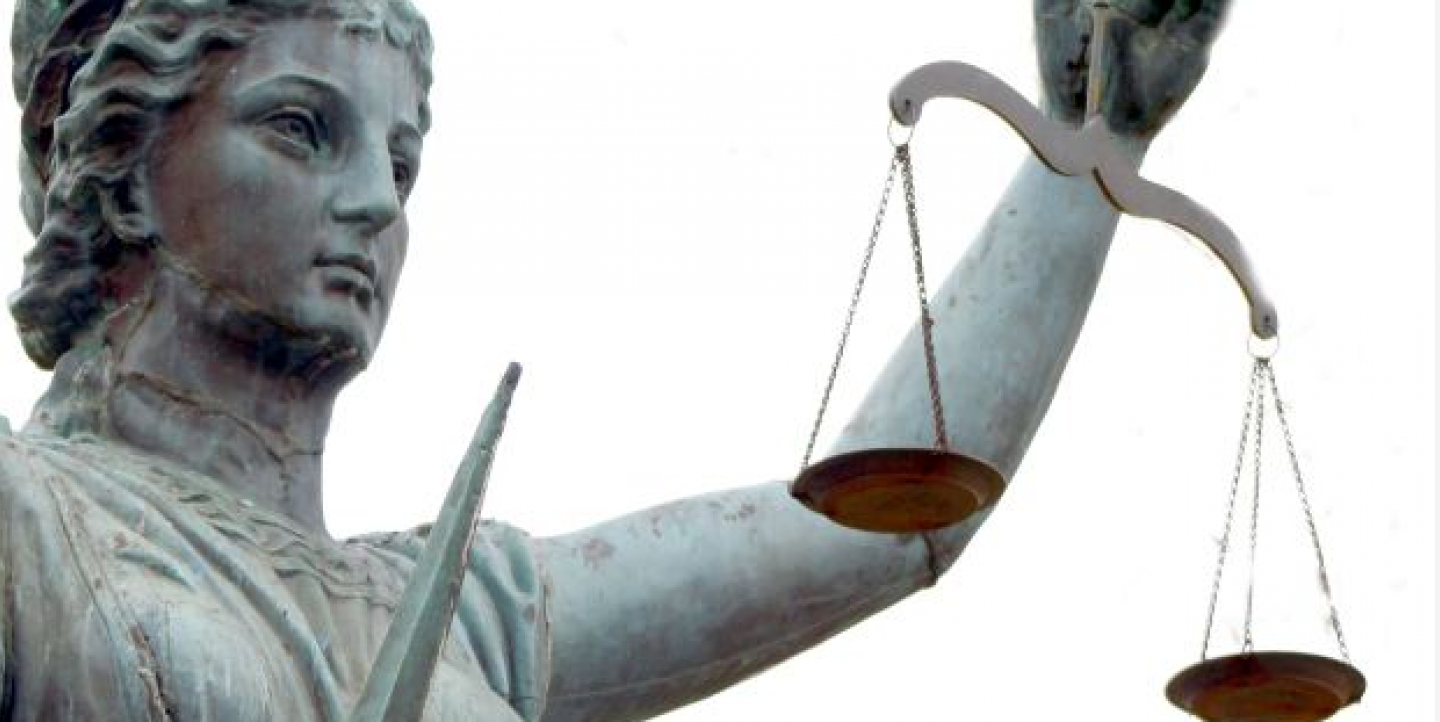In addition to knowing the subject matter and writing a clear and accurate story, business journalists also must be aware of potential ethical conflicts that may arise.
Because many businesses provide a product or service, the journalist may be offered gifts or samples. These gifts should be politely declined, including “junkets” -- trips to foreign countries to observe operations. (Exception: a very small courtesy, such as a calendar, a pen or a cup of coffee.) Accepting gifts or favors can create a conflict of interest, or the appearance of a conflict and could make the journalist reluctant to report anything negative about the business.
To help avoid ethical dilemmas, put a "wall” between advertising and business journalism.
Advertising: Promotes a specific product, service or company; does not acknowledge rivals; aims to present only a positive image to the public; and is not concerned with balance.
Business journalism: Has no allegiance to or preference for any source, product or company; consults multiple sources, including rivals, to present context and a full picture; strives to provide facts, whether they are positive or negative; and aims to provide balanced information to the public,
Ethics Discussion
The importance of ethics in personal finance reporting can not be emphasized enough. Journalists are in many ways telling readers what to do with their money and if those suggestions are based on strategies that the journalist could gain from personally, then it's not objective advice.
Any time a journalist writes about personal finance, they should include the advice of a number of experts. Ask these experts the downside to what they are recommending. In fact, it should be one of the first questions you ask. That lets the reader know that these strategies are not fail-proof.
Consider the following and think about how you would respond:
-
By day, a writer for a popular personal finance site is also a member of national journalists association. But he is also a mortgage broker and insurance agent on the side. Is that ethical? Should that information be disclosed to readers? Does that give him more insight or potentially entangle him in conflicts?
-
A mortgage broker who provided content for a local newspaper is arrested for allegedly targeting immigrants in a mortgage fraud scheme. What type of disclosure should the newspaper have provided about this content? Should the newspaper have run it in the first place? Should it take more content from that person?
-
A personal finance columnist and commentator whose work appears in newspapers and on a well-known TV network is also a licensed stockbroker and insurance agent. What ethical issues does this raise? What kind of disclosures should these media outlets make?
- A mortgage broker pays for radio and TV programs, creates a magazine and sponsors events on how to buy and sell real estate. Specifically, he used the radio program to sell an illegal financial instrument. What kind of research should the radio station have done before agreeing to air the program?
Image: morguefile.com.
This post was originally part of an online course by ICFJ Anywhere, which supports journalists worldwide with free training on a range of topics. Courses are offered in a variety of languages including English, Arabic, Persian, Spanish, Portuguese, Turkish and French. For the latest ICFJ Anywhere course offerings, click here.

